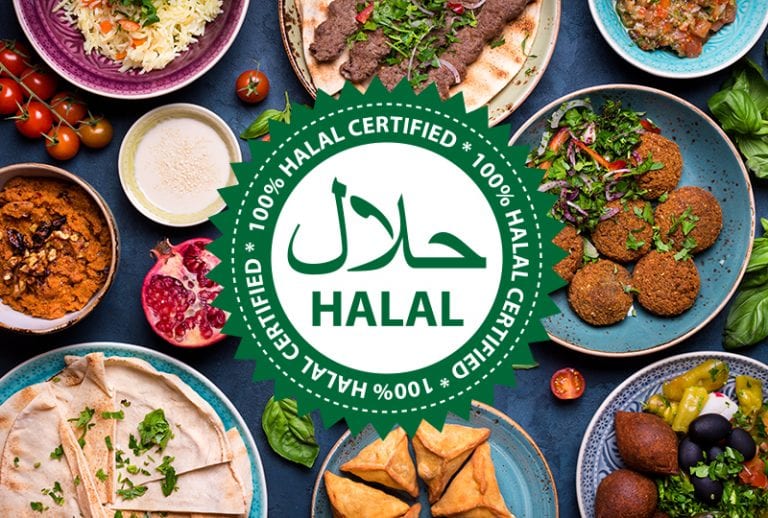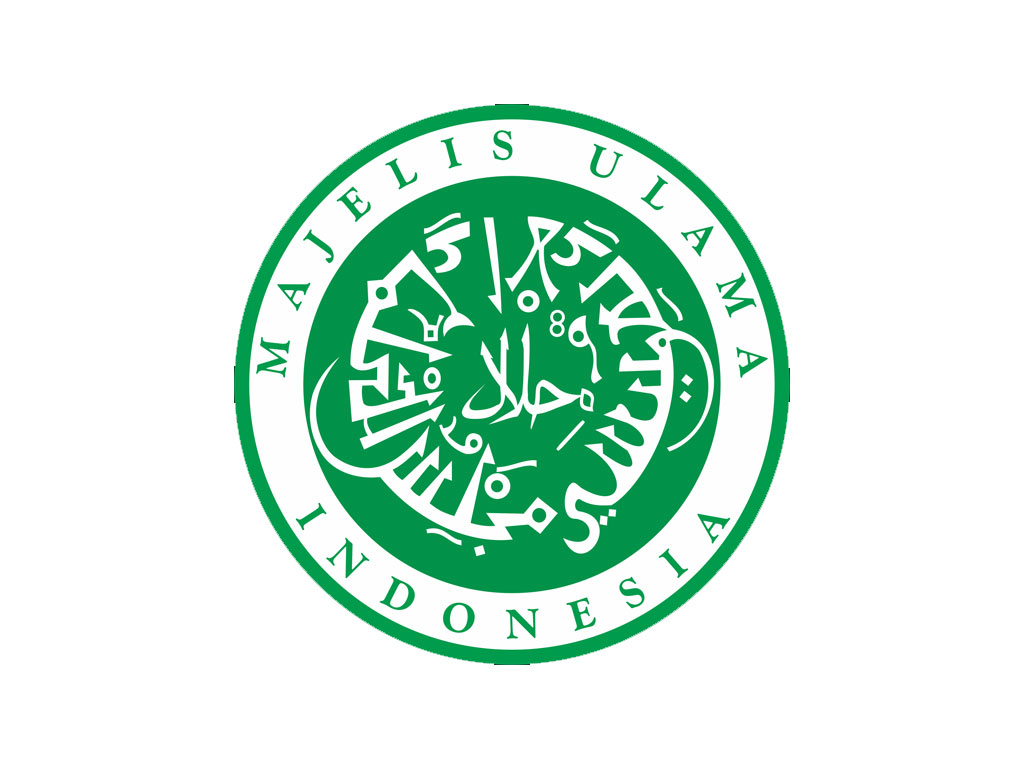BANDUNG, itb.ac.id – As a country with the most Muslim population in the world, the potential of the halal industry in Indonesia is actually very large. But until now, it is still focused on the product and not too focused on other aspects such as the processes that are running in a halal industry. This has become an attraction for Yuliani Dwi Lestari, Ph.D., lecturer at the School of Business and Management Institut Teknologi Bandung (SBM ITB) to explore this matter.
She is currently conducting research on Global Halal Based Business Development and trying to implement it in Indonesia. Currently the halal industry has developed and not only talk about products, but also related to the critical point in every industrial activity in the supply chain (from suppliers to customers).
Two major parts of the halal industry are product and supply chain. Yuliani explained, product based in Indonesia has been going well, marked by an increase in the industry’s interest in registering and having passed the halal certification for its products. As for the supply chain, this is related to the logistics process (transportation, warehousing, retailing) of a halal industry, still requires clearer standard reference socialization and campaigns so that more logistic providers and business operators are aware and actively use halal logistics.
“In the context of strengthening the ‘halal’ value chain, it should be considered from the input of raw materials into the factory to the output and logistics processes managed by the factory,” he said.
She explained, three important perspectives that became the main basis when talking about the halal industry were regulation, markets, and industry readiness. When the Global Halal Based Business Development will run, the required regulations should have been prepared by the regulator to regulate and support the operation of the halal industry.
Second is to talk about the market. Halal industry is currently not only focused on food, but the demand from the market has experienced a shift in other directions such as cosmetics, medicine, fashion, travel, energy and others. According to him, consumer behavior has also changed at this time. And the other challenge is whether non-Muslim communities want to consume halal products even with the perception of higher costs.
“In some cases there are actually many benefits that can be obtained. For example, according to the results of my discussions with non-Muslim communities from various countries in Asia and Europe, they tend to be interested in this halal product because there are more guarantees of safety, health benefits and also a guarantee of better quality because of the rules that have been made in such a way. likewise, “he said.
However, for Yuliani, at this time it is very necessary to have a campaign to encourage the halal industrial market in non-Muslim areas to be more familiar. The last perspective is about the readiness of the industry, how to ensure the industry can receive benefits with the application of this halal industry? In addition, if the application of the halal industry requires more expensive costs, how do companies design and measure the achievement of profits and added value? The other side, the readiness of cooperation between industry, regulators, and the market also needs to be emphasized.

Indonesia, as the largest Muslim country in the world certainly has a great opportunity to run the halal industry, but there are several obstacles that will be faced. According to Yuliani, some of the challenges are that collaboration between universities, regulators, and industry must still be increased in order to facilitate the development process. In addition, there needs to be synergy between various sectors in Indonesia as a single unit. Hopefully in the future the halal industry in Indonesia will run well in every sector owned by the country and we can become the pioneers of this Global Halal Based Business Development, ” she added.




